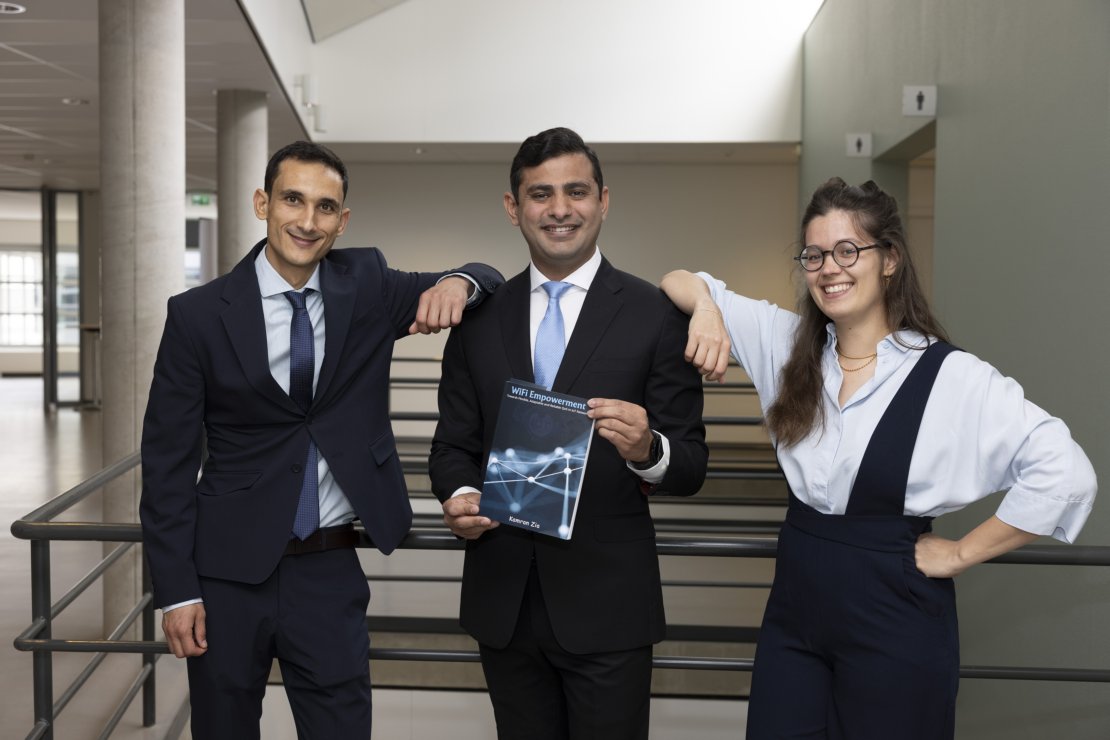WIFI EMPOWERMENT: Towards Flexible, Adaptable and Reliable QoS in IoT Networks
IoT networks are expanding at an unprecedented rate, with new use cases and applications being developed every day. The IoT sensors and devices in these networks rely heavily on their wireless connectivity to deliver data reliably, particularly in smart healthcare and industrial IoT networks. These connectivity requirements vary significantly in terms of throughput, latency, and packet loss, depending on the use case. These connectivity requirements, also known as Quality of Service (QoS) requirements, are very diverse and require intelligent solutions for the success of underlying use cases.
WiFi, being the most widely used technology for IoT connectivity, lacks the necessary QoS diversity to support diverse IoT applications. To address this limitation, Kamran introduced an improved QoS architecture to bring QoS diversity into WiFi. These improvements helped satisfy QoS requirements of latency-sensitive and data-hungry use cases and applications in healthcare and industrial IoT use cases.
Kamran also proposed a more flexible and dynamic QoS solution in WiFi by leveraging Software Defined Networking (SDN) and Network Slicing technology in WiFi. This solution helped achieve a more flexible QoS delivery system, thereby improving resource efficiency and robustness in WiFi. Since wireless network conditions and QoS requirements change over time, Kamran employed deep reinforcement learning (DRL) to develop a fully autonomous and adaptive WQoS management system in WiFi that delivers QoS in a continuously evolving wireless environment.
To further enhance the reliability and robustness of the system, Kamran proposed a Cross-Layer Design (CLD) approach alongside a DRL-based optimization method to create a fully flexible, adaptable, and reliable QoS architecture for WiFi-based IoT networks. This architecture can serve as a baseline to further develop a more scalable QoS management system using distributed and edge learning techniques in the future.






